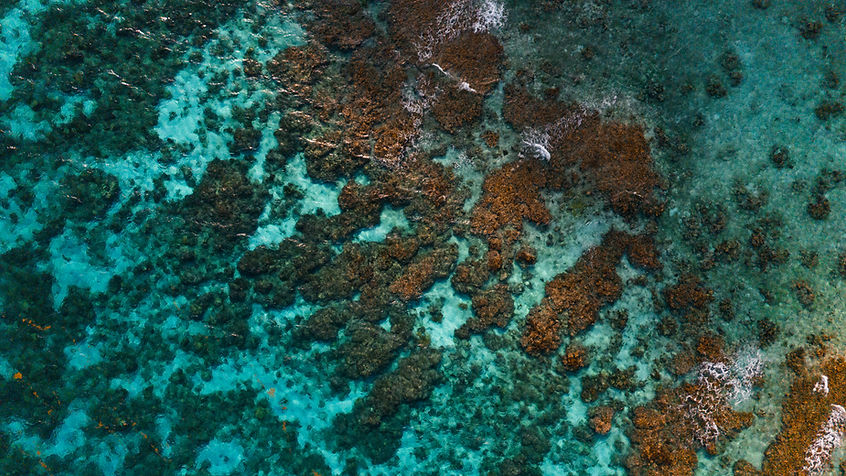
Advancing Ocean Accounting for Sustainable Blue Economy Development in Belize
Project Summary
Ocean accounting refers to the systematic recording and analysis of data to track the extent, condition, services, and benefits of marine ecosystems. It aims to link environmental and economic information to support more informed and sustainable management of ocean spaces. The accounting process follows the System of Environmental-Economic Accounting – Ecosystem Accounting (SEEA EA) framework, developed by the United Nations. The project is funded by the UK Government through the Overseas Development Assistance grant under the Blue Planet Fund. and being implemented under the leadership of the Global Ocean Accounts Partnership (GOAP) secretariats hosted at the University of New South Wales (UNSW) center for Sustainable Development Reform and in collaboration with the Ministry of Blue Economy and Marine Conservation (MBEMC) as the national focal point. As a pilot initiative, the project focuses on developing both an Ecosystem Extent and Condition Account and an Ocean Tourism Satellite Account. Additionally, the project emphasizes national capacity building through the GOAP Fellows Program, which embeds fellows within key host institutions: the University of Belize Environmental Research Institute (UB-ERI), the Statistical Institute of Belize (SIB), and the Coastal Zone Management Authority and Institute (CZMAI).
A significant portion of Belize’s economy depends on its coastal and marine environment, with tourism, food security, and the livelihoods of coastal communities closely tied to the health of marine ecosystems. Ocean accounting supports this connection by providing a systematic approach to recording environmental and economic data, enabling better-informed decisions and policies for sustainable marine resource management. By tracking changes in key ecosystems over time, ocean accounting helps identify trends, understand their causes, and guide effective management responses. The process also enhances national planning and reporting by aligning with Belize’s development priorities and supporting international commitments such as the Sustainable Development Goals, climate action, and biodiversity conservation. Involving stakeholders throughout the process promotes greater recognition of the value of the marine environment and strengthens collective responsibility for its protection.














